What is homeschooling?
Before considering our resources, it’s important to understand what homeschooling is and how it works. Homeschooling is an educational approach where parents or guardians take on the primary responsibility for their child’s education, typically outside of traditional school settings. It allows for a customised curriculum tailored to the child’s learning style and pace. Benefits include individualised instruction, flexibility in scheduling, the ability to focus on specific interests or needs, closer family bonds, and potential for a safer learning environment.
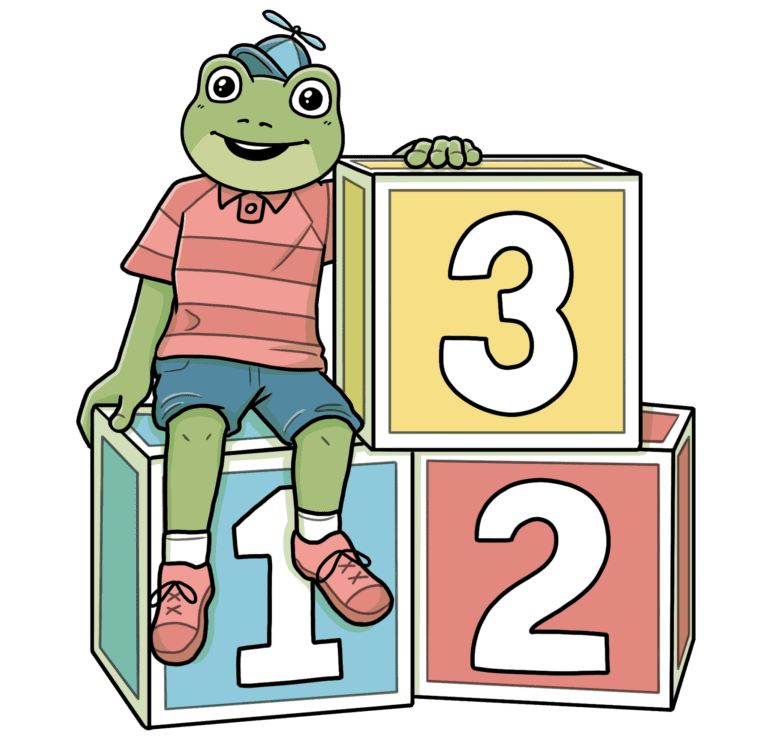
How do I start homeschooling?/ Steps to start homeschooling
1) Speak with your current school to advise them of your plans to register
2) Understand your legal requirements
3) Deregister your child and speak with your local authority
The rules in Scotland and Northern Ireland are a little different from those in England and Wales. You need permission to withdraw your child from school, but this may not be “unreasonably withheld”.
For more information for Scotland see the following websites.
www.gov.scot/publications/home-education-guidance/pages/0/
For more information for Northern Ireland www.hedni.org/
Choosing your homeschooling style
Classical Education – This homeschooling method emphasises three educational stages: Grammar, Logic, and Rhetoric. It uses hands-on experimentation and living texts, rather than textbooks.
Charlotte Mason Education – Rooted in Charlotte Mason’s philosophy that “Education is an Atmosphere, a Discipline, a Life,” this curriculum covers all aspects of a child’s life, emphasising good habits, a nurturing home environment, and learning from living texts.
Montessori Homeschooling – Popular in nursery schools and homeschooling, it lets children lead their learning based on interests, with parents providing relevant resources. Prepared environments and independent choices are key.
Unschooling – Known as child-led learning, it avoids textbooks and formal curricula, focusing on learning through life experiences, with minimal testing and evaluation.
Forest School – Forest School is a child-centred inspirational learning process, that offers opportunities for holistic growth through regular sessions. It is a long-term program that supports play, exploration and supported risk taking.
School-at-Home – Resembling traditional schooling, it follows a structured curriculum by Key stages. Parents can teach it entirely or enrol their children in online schools (usually with associated fees).
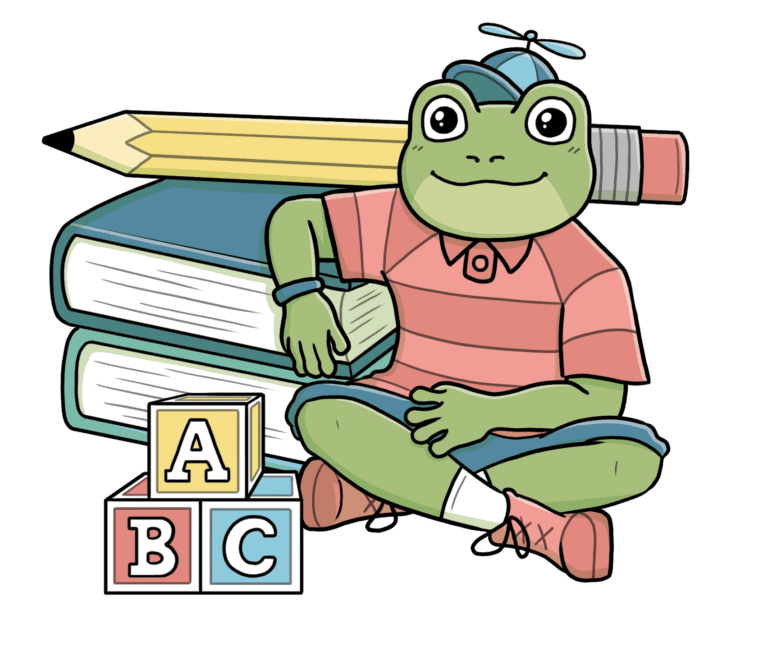
What curriculum do I follow?
You don’t need to be a teacher or have educational qualifications to home educate. You aren’t required to follow the national curriculum, however many do at KS4 and above. There are plenty of available resources online for you to build your own curricula or work alongside existing curricula to make the most out of your learning.
The National Curriculum
https://www.gov.uk/national-curriculum/key-stage-1-and-2
https://www.gov.uk/national-curriculum/key-stage-3-and-4
Homeschool Exams
Whilst taking part in standardised examinations is not essential in home-ed, we do recommend children to take part in GCSE and A-Level examinations to ensure they obtain a qualification. You will need to enrol your child as a private candidate to partake in GCSE and A Level examinations. You can use the examination board websites above to find out how to submit an application as a private candidate.
Choosing an Exam Board
All exam boards follow strict guidelines from Ofqual (the Office of Qualifications and Examinations Regulation) to regulate standards and ensure parity, but the layout, content and format of exams varies from board to board.
Home Ed Resources
Workbooks and textbook Most high street retailers stock an excellent supply of National Curriculum aligned textbooks, revision guides and workbooks perfect for supplementing your lessons. Many of these books are tailored to the relevant exam board if your child is approaching their GCSEs and the younger books are geared towards essential skills in maths and literacy for your primary-aged child. Your local library will also be an invaluable resource for giving you free access to a broad range of books and texts to study if you don’t want to purchase a copy yourself.
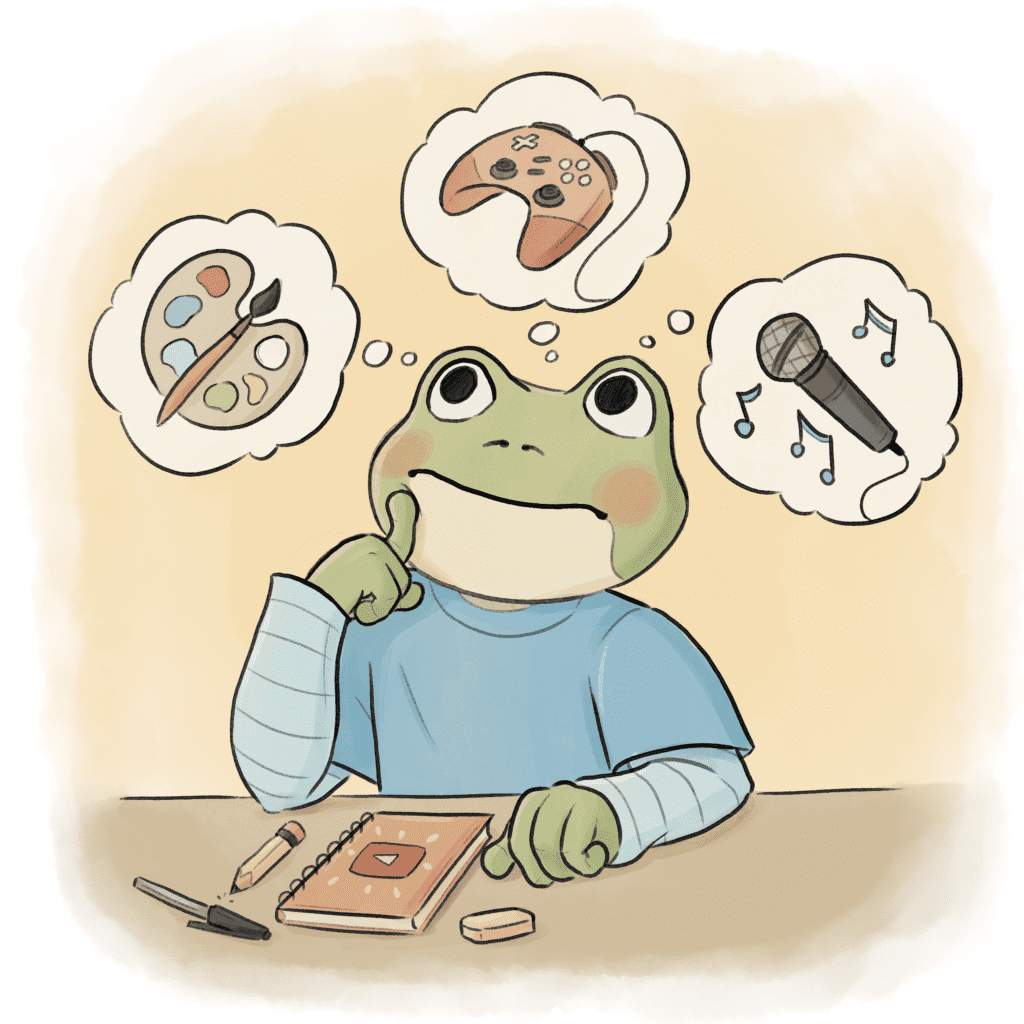
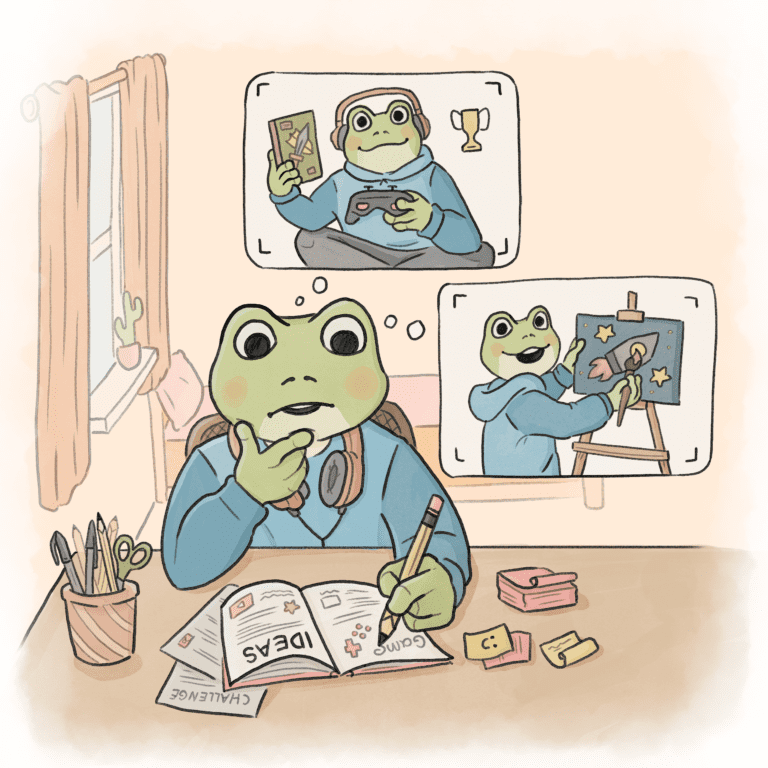
A-level Recommended Books:
CGP Books
Cambridge Book Shop
A-Level Education Books
Caambridge A and AS Level
IB Recommended Books:
International Baccalaureate Education Books
IB Bookshop
Pearson International Baccalaureate
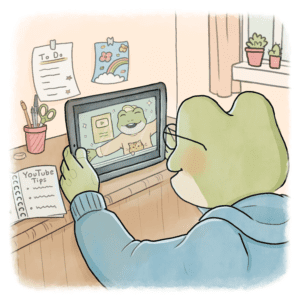
Need help? Have questions? Looking for specific advice?
Speak to our team and arrange a personalised consultation with a Homeschooling professional.
